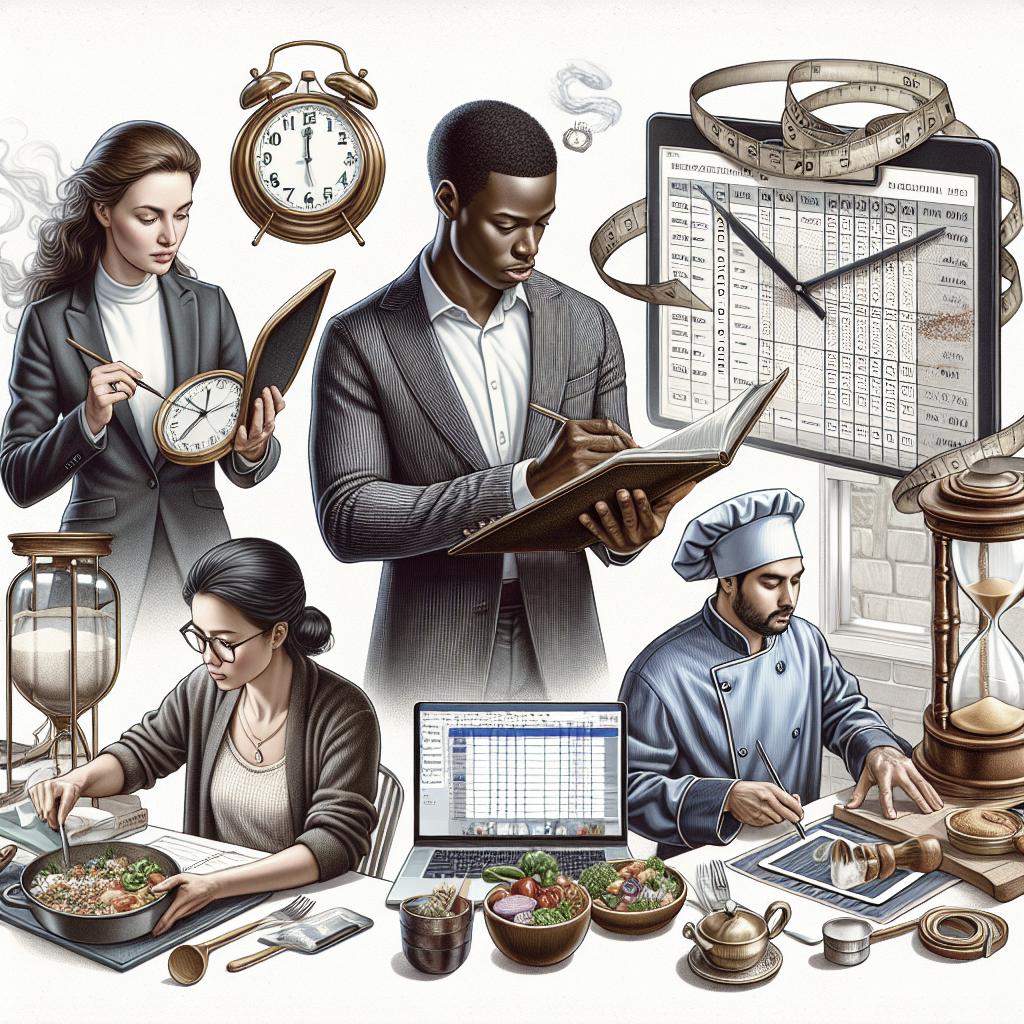“`html
How to Prepare for Job Interviews
Interviews are a critical aspect of the job application process, acting as a bridge between you and your potential future employer. This blog post will explore how to effectively prepare for job interviews, focusing on several key areas that can increase your chances of success. We’ll cover understanding interviews’ purpose, knowing yourself and how you fit the position, researching the organization and industry, preparing responses to common questions, crafting questions for your interviewer, and the importance of practicing thoroughly. Finally, we’ll outline resources that can assist you in this journey and offer insights into our support services to enhance your readiness for interviews.
What is an interview?
An interview is a formal dialogue between a job candidate and an employer, conducted to assess the candidate’s suitability for a particular role. It typically serves as a core element of the hiring process, allowing employers to gauge your skills, experience, and fit within their company culture. Interviews can vary in format, ranging from face-to-face meetings to video calls or phone interviews, and often consist of multiple rounds, each focusing on different aspects of the candidate’s qualifications.
The concept of an interview fundamentally revolves around evaluation. For candidates, it’s their opportunity to present themselves in the best possible light, while employers aim to identify the most suitable person for the job. This mutual exchange is crucial, as it not only enables employers to discern if a candidate meets their criteria but also allows candidates to assess if the organization aligns with their career aspirations.
Preparing for the interview
1. Know yourself and how you fit with the position
Before diving into the specifics of an interview, having a clear and honest understanding of your skills, experiences, and career objectives is essential. Reflect on your past roles, accomplishments, and any feedback you’ve received from peers or mentors. This reflection helps you identify what makes you a unique candidate for the position and clarifies what you can offer the organization.
Additionally, understanding how your skills align with the job requirements is crucial. Match your strengths to the attributes and responsibilities in the job description. This alignment enables you to articulate your value effectively during the interview and demonstrate that you are the best candidate for the role.
2. Know the Organization and Industry
Familiarizing yourself with the organization and its industry is a game-changer in interviews. Start with a thorough exploration of the company’s website, mission statement, and recent projects. Understanding its business model, core values, and key players will allow you to better tailor your responses and show genuine interest in being part of their team.
In addition to researching the company, gain insight into the broader industry. Stay abreast of current trends, challenges, and opportunities within the market. Proactively mentioning these in your answers or questions can impress your interviewer by showcasing that you’re informed and forward-thinking.
3. Prepare answers to typical questions
Most interviews feature several standard questions that assess your experiences, skills, and personality. Common questions include inquiries about your strengths and weaknesses, a time when you overcame a challenge, or why you want to work for the company. Preparing and practicing answers to these questions ahead of time allows you to deliver clear, compelling responses during the interview.
Employ the STAR (Situation, Task, Action, Result) method when formulating your answers. This approach ensures you provide structured and comprehensive responses that showcase your skills and experiences. By preparing these anecdotes in advance, you’re more likely to convey confidence and competence.
4. Prepare questions for Your Interviewer
Interviews are a two-way street, so it’s crucial to have insightful questions ready for your interviewer. These questions should reflect genuine curiosity about the role, company culture, and future growth opportunities. Asking thoughtful questions not only helps you gather valuable information but also demonstrates your enthusiasm for the position.
Consider inquiring about specific challenges the company currently faces, the team structure, or anticipated projects. These questions show that you’ve done your homework and allow you to further assess whether the organization aligns with your career aspirations.
5. Practice, practice, practice!
The old adage, “practice makes perfect,” is particularly relevant to interview preparation. Conduct mock interviews with friends, family, or career coaches to build your communication skills and receive feedback. Use these mock sessions to refine your responses, improve your body language, and enhance your overall presentation.
Practicing doesn’t just imbue you with confidence; it familiarizes you with the interview format and process. By simulating the interview environment multiple times, you’ll feel more at ease when the actual interview day arrives, allowing you to focus more on effectively engaging with your interviewer.
How we can help
Understanding that preparing for an interview can be a daunting task, we offer service packages tailored to candidates’ needs, providing professional guidance throughout your interview preparation journey. Our services include personalized mock interview sessions, CV reviews, and tailored feedback, aiming to refine and enhance your skills.
Our experienced career coaches bring a wealth of knowledge and expertise, equipping you with strategies to tackle various interview formats and questions with confidence. With our support, you’ll feel more prepared and ready to step into your next interview with the assurance needed to succeed.
Further resources
For those seeking additional guidance, many online resources can aid in interview preparation. Websites like LinkedIn Learning, Coursera, and Glassdoor offer extensive course lists, articles, and interview questions to explore. They provide diverse insights and resources that can round out your preparation.
Additionally, books such as “Cracking the Code to a Successful Interview” by Evan Pellett and “101 Great Answers to the Toughest Interview Questions” by Ron Fry are invaluable tools. These resources delve deeper into the intricacies of interview preparation, providing frameworks and advice from career experts.
Lessons Learned:
| Preparation Step | Description | Purpose |
|---|---|---|
| Know Yourself | Understand your skills and how they align with the position. | To effectively communicate your value to the employer. |
| Research the Organization and Industry | Gather information about the company and its market. | To demonstrate interest and preparedness. |
| Prepare Answers | Plan responses to common interview questions. | To convey confidence and competence. |
| Prepare Questions | Craft questions to ask your interviewer. | To show enthusiasm and gather information. |
| Practice | Engage in mock interviews and rehearsals. | To build confidence and familiarity with the interview process. |
“`

